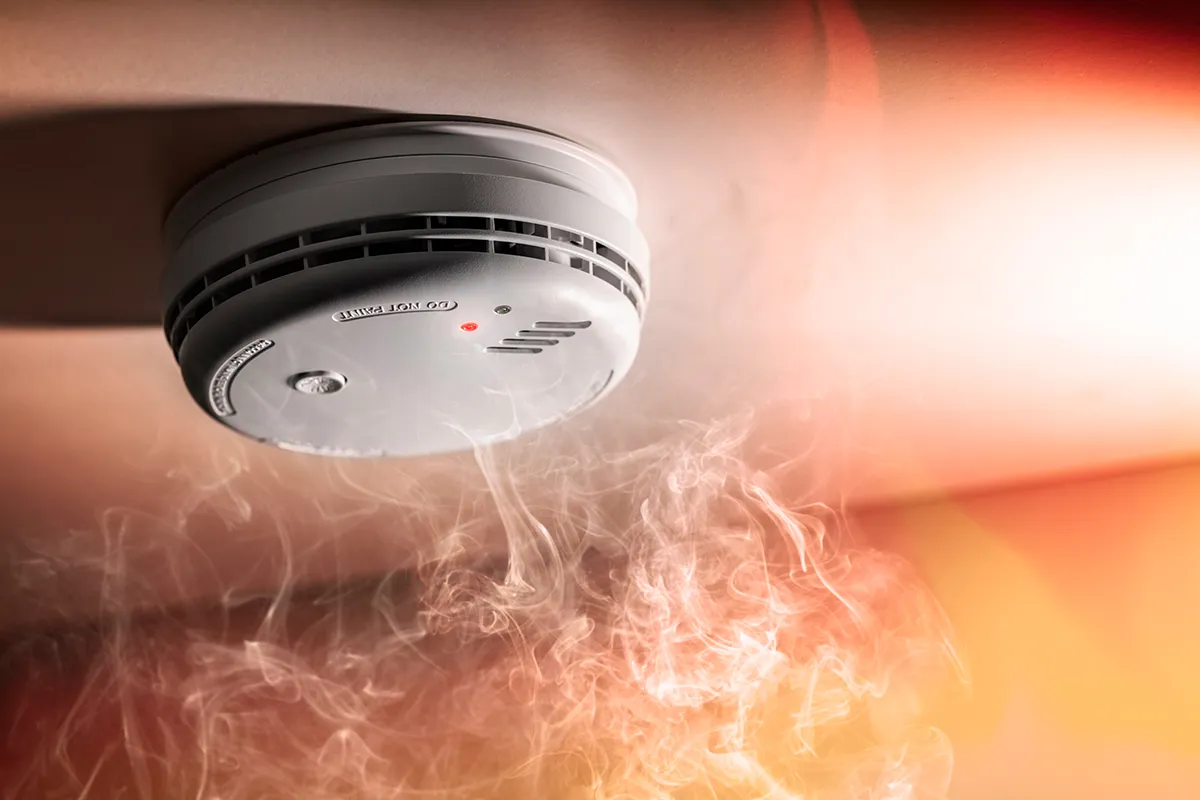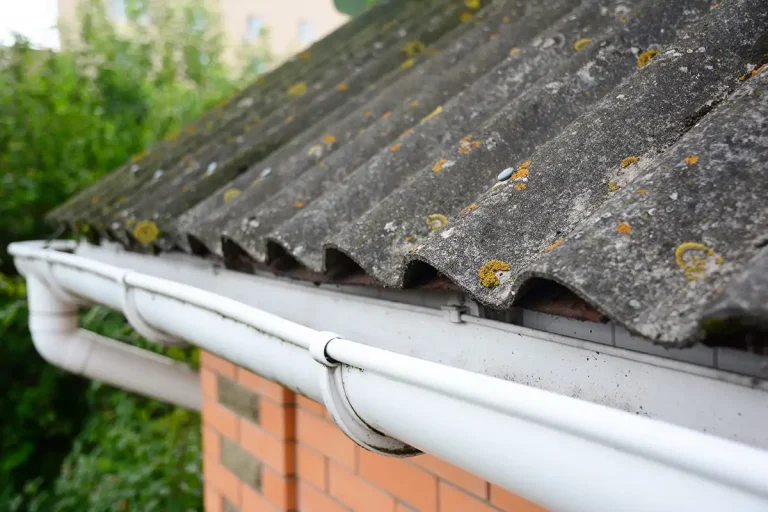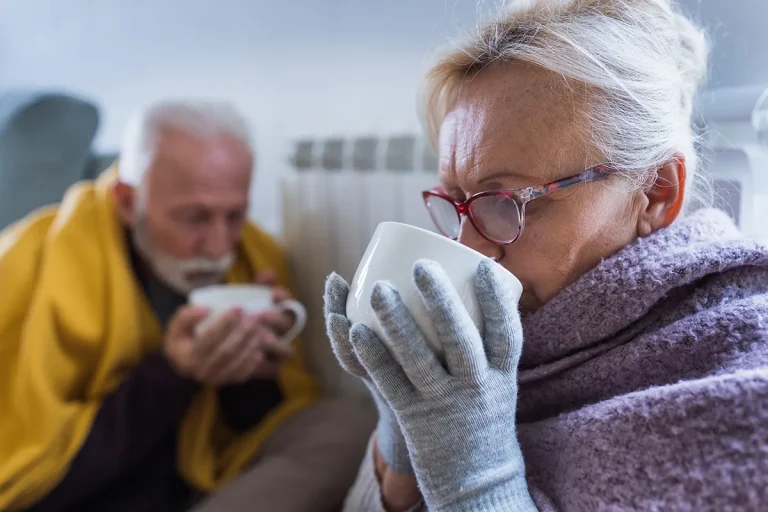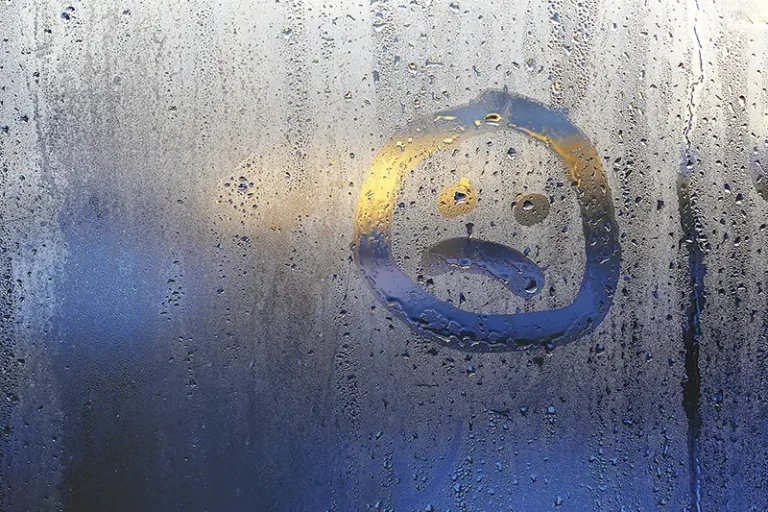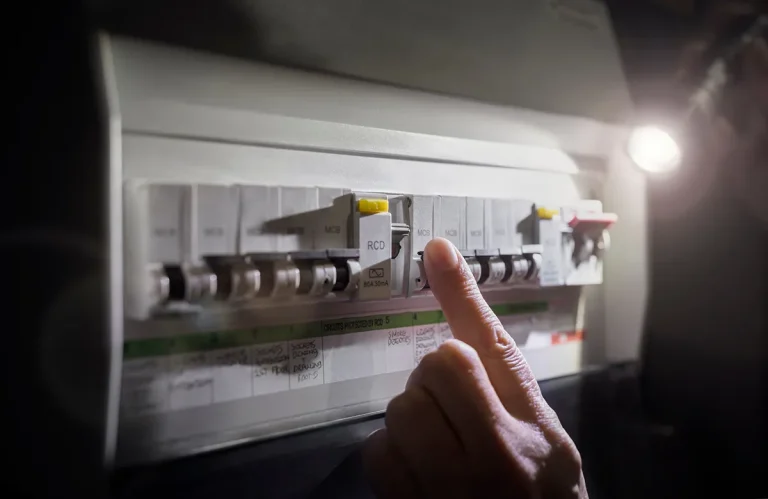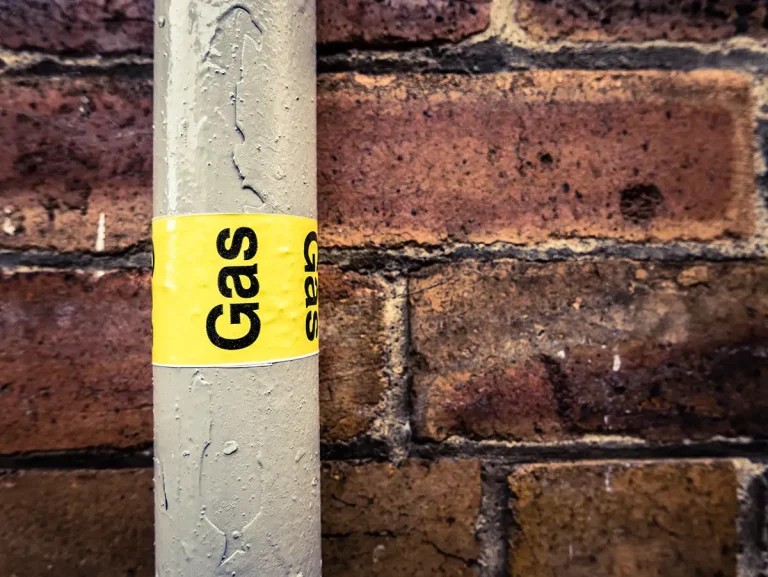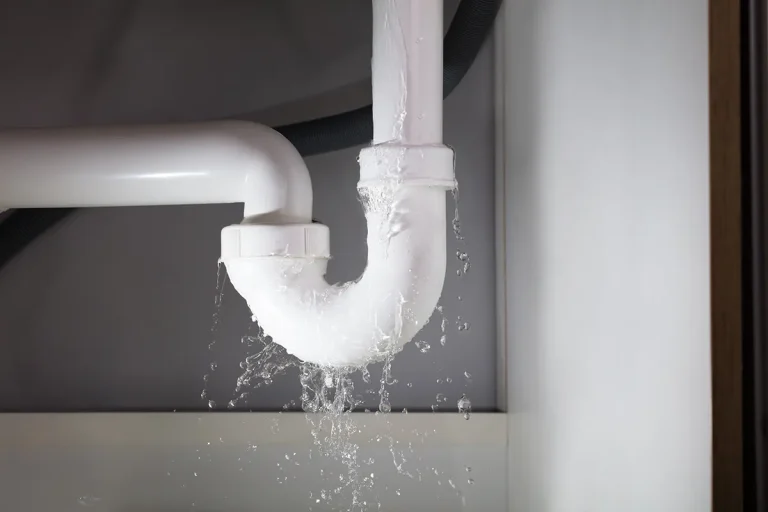In an emergency call 999
In case of fire in your house, bungalow, maisonette or block of flats
Do:
- Keep calm and, if possible, leave immediately, closing all doors behind you. Get to a place of safety.
- Raise the alarm by activating a fire alarm point if there is one. Alternatively, dial 999, ask for the Fire and Rescue Service and tell them your location.
- Stay in the place of safety until told what to do by the Senior Fire Officer on the scene.
If you can’t leave the building
- Check doors with the back of your hand before you open them. If the door is warm, do not open it – there may be a fire on the other side.
- If smoke is making it difficult for you to breathe, stay close to ground level. Smoke tends to rise, and breathing should be easier if you’re nearer to the ground.
Do not:
- Waste time investigating what has happened or rescuing valuables.
In case of fire in sheltered accommodation or a flat within a purpose-built block with a communal area
Do:
- Stay in your home and close all doors behind you
- Stay in your home until you are told it is safe to leave or evacuate. The Senior Fire Officer will have a list of all the residents who need help.
- If possible, move to a window so you can be seen from the outside
- Get ready to be evacuated if you can do so safely: get dressed, get your walking stick, house keys, etc.
- If you are in a communal area, leave by the safest route and report to the assembly point
- Stay at the assembly point until the Senior Fire Officer tells you what to do next.
Do not:
- Let anyone through the communal door entry system unless they are emergency personnel who need to get into the building
- Go out into the corridors to investigate
- Block corridors or escape routes: always keep them clear
If you’re trapped by smoke or file and can’t escape
- Try to take refuge in a room with a window or external door that isn’t affected by fire or smoke. Close the door behind you to delay the fire.
- Place a wet piece of clothing or towel across the bottom of the door to stop smoke from getting in.
- If you’re on the first floor, do not jump! Throw something out of the window, such as a mattress or cushions to help to break your fall. Lower yourself by your arms from the window ledge before dropping.
- If there is a child or children and at least two adults, one adult should go down first. The other should get into a secure position and then lower the children in turn as far as possible down the outside wall. They should then let the child drop so the first adult can catch them or break their fall.
- If you are above the first floor, or due to your age or health cannot escape, open the window and draw attention to yourself by shouting and waving sheets or clothes. Wait until the emergency services come to rescue you.
If your clothes catch fire, Stop! Drop! and Roll!
Do:
- Lie down and roll around. This makes it harder for the fire to spread and may put out some of the flames
- Smother the flames with a heavy material, like a coat or blanket. This will help starve the fire of oxygen and slow or stop it from burning.
Do not:
- Run around: this will make the flames worse.
Smoke and heat alarms
We provide smoke alarms in all our homes. You should have a smoke alarm on every floor.
If you do not have smoke alarms in your home, please let us know immediately.
Do:
- Dust your smoke alarms regularly
- Press the test button on your smoke alarms monthly to make sure they are working
- Replace the battery if your smoke alarm bleeps for any reason other than smoke or fire in your home
- Contact us if you have any problems with your smoke alarm
Do not:
- Remove a working battery from your smoke alarm
- Paint over, cover or remove the smoke alarm
If you decide to put up extra smoke alarms
Do:
- Check with us first to ensure your ceiling does not contain asbestos
- Position them on the ceiling in the middle of the room
Do not:
- Put smoke alarms in or near kitchens or bathrooms as everyday steam and smoke can set them off by accident
To give you added protection we’re updating all our smoke alarms to ones powered by mains electricity with battery backup.
If you live in our sheltered home on Church Way, we test your smoke alarms every year. If a battery needs replacing, we will do this.
Your smoke detector connects to our monitoring centre. If they contact you, please answer the call to confirm what has happened. If there is no answer, we’ll assume it’s an emergency and call the Fire Service.
How to prevent fire in your home
Chip Pans
Every year, chip pan fires cause 20% (one in five) of all accidental dwelling fires the UK’s fire and rescue service is called out to. And every day, nearly 20 people are killed or injured in accidental fires that start in their kitchen, most commonly caused by deep fat frying.
Given these considerable risks, we strongly advise you not to use chip pans.
However, if a pan catches fire, DO NOT:
- Throw water on it – the hot oil may explode
- Take a risk – turn off the heat only if it is safe to do so
- Tackle the fire yourself – get out, stay out and call 999
Barbecues
You can use a barbecue in outdoor garden areas. However, you must never use one on the balcony of a block of flats.
If you do use a barbecue:
- Make sure it is strong, sturdy and in good working order
- Place it on level ground to help prevent it from tipping over
- Keep it well clear of any trees, shrubs or flammable materials
- Keep children and animals well away
- Never add petrol or other accelerants
- For charcoal barbecues, use the minimum fuel necessary
- For gas barbecues, ensure the tap is turned off before changing the cylinder
- Never leave the barbecue unattended
- Keep a bucket of water or sand close by
- Ensure the barbecue is cool before attempting to move it
Candles
Every day, around two accidental fires are started by candles. If you are going to use candles:
- Never leave candles unattended: always put them out if you leave the room and before you go to sleep at night
- Double check you’ve put the candles out completely: they can go on smouldering and start a fire
- Never leave a burning candle or oil burner in a child’s bedroom
- Secure candles in a proper holder, away from draughts and materials that may catch fire, like curtains
- Do not burn several candles close together
- Always put candles on a heat-resistant surface and be especially careful with night lights and tea lights, which can get hot enough to melt plastic, including TVs
- Don’t put candles under shelves as they can burn the underside: make sure there’s at least three feet (one metre) between a candle and any surface above it
- Do not lean over a candle as your clothes or hair could catch fire
- Keep children and pets away from burning candles
- Leave at least four inches (10cm) between burning candles
- Put votive or scented candles in a glass or metal holder as they turn to liquid to release their fragrance
- Put candles out before you move them
- Do not put anything in the hot wax, such as match sticks
- Use a snuffer or a spoon to put candles out, as blowing them can send sparks and hot wax flying
Polystyrene tiles
We actively discourage the use of polystyrene tiles in our properties. This is because older tiles can give off poisonous fumes if they catch fire and may spread fire quickly to other parts of the property.
Because we can’t tell the difference between the old, potentially dangerous type and the new, safer variety, we always remove polystyrene tiles before re-letting a home. Do not install polystyrene tiles (or coving) in your home without contacting us first.
Furniture
Please make sure that your furniture has a fire-resistant permanent label.
How to prevent common kitchen fires
Do:
- Keep matches and saucepan handles out of children’s reach
- Take pans off the heat or turn the heat down if you have to leave the kitchen while cooking
- Keep tea towels, cloths and aprons away from the cooker
- Use spark devices to light gas cookers as, unlike matches or lighters, they do not have a naked flame
- Double check you’ve switched the cooker off when you finish cooking
- Keep electrical leads and appliances away from water
- Keep your cooker clean and free from fat and grease
- Keep toasters clean and away from anything that may catch fire, such as curtains and kitchen rolls
- Use a thermostat-controlled electric deep-fat fryer which cannot overheat, rather than hot oil in a saucepan, which can quickly overheat and catch fire
- If you do use a saucepan, keep the oil below one-third of the height of the pan and make sure the food is dry before you put it in the hot oil– it could splash and spit hot oil on you
- Turn off the heat and leave the oil to cool down if it starts to smoke
Do not:
- Let saucepan handles stick out from the cooker where they could be easily knocked off
- Leave children in the kitchen on their own when you’re cooking
- Wear loose clothing when you’re cooking as it could easily catch fire
- Put anything metal in the microwave
- Take a burning saucepan outside as oxygen will feed the fire and make it worse
How to prevent common electrical fires
Do:
- Make sure your electrical appliances have the British or European safety mark
- Keep electrical appliances clean and in good working order
- Unplug appliances you’re not using
- Unplug electric blankets before going to bed if they do not have a thermostatic control for safe all-night use
- Try to secure portable heaters up against a wall to stop them falling over
- Keep portable heaters away from curtains and furniture, and never use them for drying clothes
- Replace electric blankets immediately if they show wear and tear
Do not:
- Leave electric blankets folded as this damages the internal wiring: store them flat or rolled up instead
- Buy second-hand electric blankets.
- Leave an extension reel wound up when in use: it must be fully extended, or it will become hot
How to prepare your household in case of fire
Do:
- Make sure everyone living with you knows what to do in a fire
- Identify a quick and easy route out of your home
- Think of another route in case the first one is blocked
- Prepare and practise an escape plan
- Make sure everyone in your home knows where the door and window keys are kept
- Make sure exits are kept clear
For a free home fire safety check, visit www.glosfire.gov.uk or call 01452 888777
How to reduce fire risk in a block
Communal areas
Communal staircases, landings and corridors provide access to emergency services and an escape route to evacuate residents. Therefore, you must always keep communal areas free from obstruction.
You should not leave any of the following in communal areas:
- Bikes or motorbikes
- Prams, buggies or pushchairs
- Children’s toys, bikes and scooters
- Recycling boxes, bags or bins
- Furniture, tables, cupboards or chairs
- Door mats or carpet
- Black bin bags and general rubbish
- Mobility scooters or other walking aids
We remove any items left in communal areas during our routine inspections. If we know who left the item, we’ll charge them for its disposal. If we don’t know who left the item, we may add the cost to the annual service charge for everyone in the block.
Please help us keep everyone safe by reporting items left in communal areas.
Communal doors
Communal doors and fire doors to individual flats should be kept closed at all times. They are designed to act as fire breaks, so should never be wedged open as this creates a fire risk.
Smoking
Since July 2007, it has been against the law to smoke in common parts of domestic premises. Therefore, you must not smoke in any enclosed communal areas in our blocks of flats.
